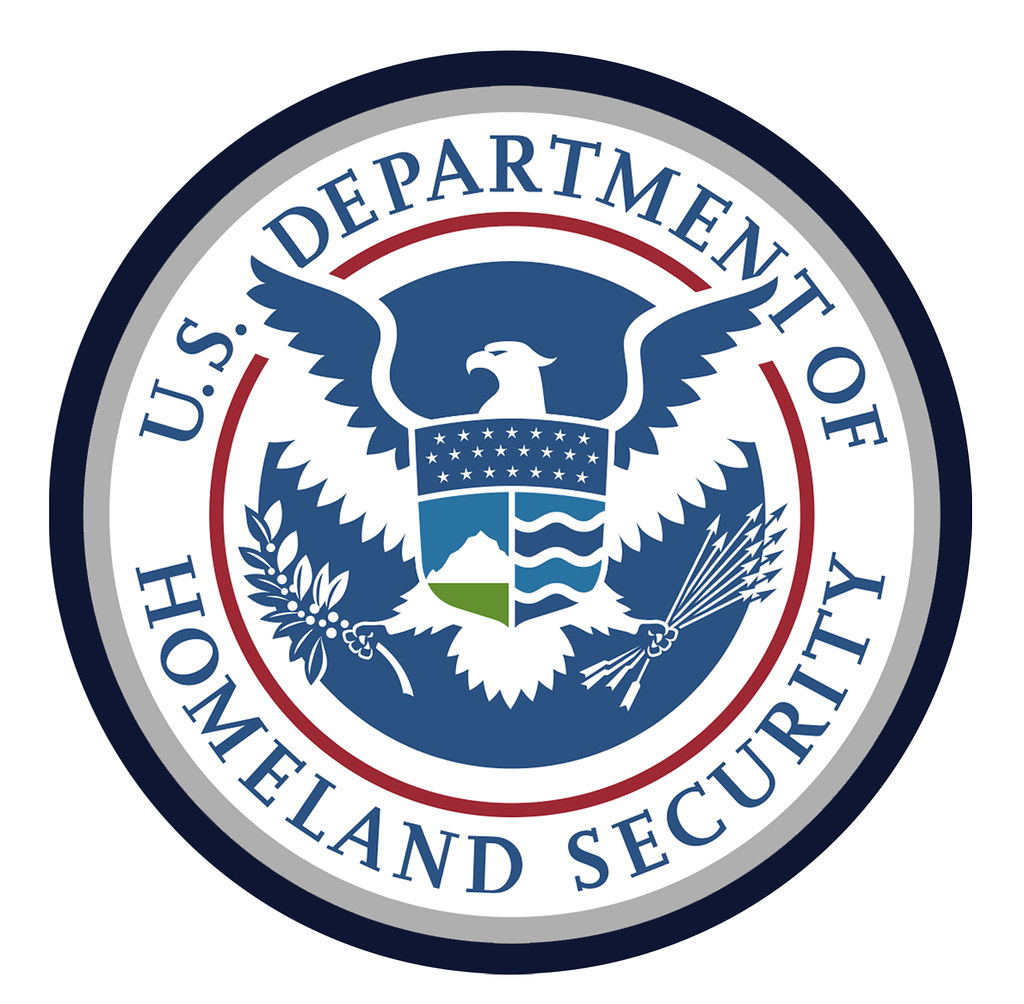Key Takeaways
- DHS Secretary Kristi Noem says ICE and Border Patrol agents cannot use public restrooms in Chicago
- Noem blames Mayor Brandon Johnson for the Chicago bathroom ban
- She calls the city a “war zone” and accuses Johnson of lying about the situation
- Federal agents report struggling to find even a five-minute break for lunch or rest
- This row over the Chicago bathroom ban highlights deeper debates on city policy
Noem’s Sharp Criticism of City Leadership
During a Sunday interview on Fox News, Secretary Kristi Noem blasted Chicago’s stance. She accused Mayor Brandon Johnson of “lying about the situation on the ground.” Noem argued that his actions protect criminals and harm law-abiding citizens. Furthermore, she labeled Chicago a “war zone” due to rising crime. At the same time, she slammed the newly enforced Chicago bathroom ban. The policy, set by city leaders, bars federal immigration agents from using local restrooms. As a result, agents say they struggle to find basic relief during long shifts.
Claims of Denied Breaks and Basic Needs
Noem revealed that ICE and Border Patrol officers must “figure out even where they can go sit down.” She stressed they have no guaranteed restroom or lunch space. During a shift, officers often patrol for hours. Yet now they must ask permission or search obscure spots just to use a restroom. In fact, Noem said some agents skip food or water to avoid the hassle. This makes their work more taxing and raises safety questions for both officers and the public.
Why the Chicago Bathroom Ban Sparks Debate
Chicago prides itself on being a sanctuary city. Meanwhile, federal immigration agents enforce national laws. The clash over the Chicago bathroom ban adds a personal twist. Critics say the policy hinders vital law enforcement. Supporters claim it defends immigrant communities. Therefore, the debate goes beyond broken restrooms. It taps into deep divides on immigration, local rule, and safety. With crime statistics fueling fears, both sides argue hard about what the city needs.
Noem Versus Johnson on Crime and Safety
Noem says Chicago’s leaders ignore reality. She pointed to high violent crime rates as proof. In contrast, Mayor Johnson insists he is honest about city challenges. He also argues that targeting immigrants does not reduce crime. However, Noem rejected those claims. She insisted that the mayor “knowingly lies so that criminals can go in there and destroy people’s lives.” Her forceful words show how heated this dispute has become. Ultimately, it’s a battle of narratives over safety and policy.
The Human Side of the Policy Fight
Behind every policy are real people. ICE and Border Patrol agents say they once used stations without trouble. Now they must ration water and worry about long waits. Some officers describe hiding behind dumpsters just to find privacy. Meanwhile, local residents report mixed feelings. Some cheer the Chicago bathroom ban as a stand for immigrant rights. Others wonder why agents cannot take short breaks. As a result, everyday workers on both sides face extra stress.
Broader Impact of the Chicago Bathroom Ban
This clash could set a national example. Other cities might copy Chicago’s bathroom ban. Conversely, federal leaders could push back harder. Already, Noem suggested consequences for the mayor. She did not specify what form those penalties would take. Yet her tough talk signals a willingness to escalate. On the ground, agents might refuse to patrol certain areas. That, in turn, could spark public safety concerns. In fact, some community groups have voiced worry that coverage gaps may open.
Possible Paths Forward
Despite the tension, compromise remains possible. City officials could allow agents limited restroom access on city property. They might set strict rules to prevent unwanted arrests. At the same time, federal leaders could offer clearer guidelines for respectful operations. Communication and mutual respect could ease the logjam. In addition, both sides could work together on crime-fighting strategies. Such cooperation would benefit every Chicago neighborhood.
Looking Ahead in Chicago
The battle over the Chicago bathroom ban shows how local policy and federal power collide. With mayoral elections and national races on the horizon, both sides have much at stake. Noem’s fierce language will likely draw headlines and rally supporters. Meanwhile, Mayor Johnson must defend his sanctuary city approach. As debates continue, Chicagoans may see more protests and political ads. Ultimately, the outcome will shape how cities nationwide balance immigrant rights with public safety.
FAQs
What led to the Chicago bathroom ban?
City leaders passed rules blocking federal immigration agents from using public restrooms and facilities on city property. They aimed to protect immigrant communities.
How do agents cope without city restrooms?
ICE and Border Patrol officers report rationing food and water, taking breaks behind buildings, and sometimes going long hours without relief.
Has Mayor Johnson responded to Noem’s claims?
He insists he honestly addresses crime problems and argues that targeting immigrants does not make the city safer.
Could this policy spread to other cities?
Yes. Some local governments may adopt similar restroom bans, while others might resist and seek federal support.
What might change next?
Leaders could negotiate limited restroom access for agents under clear guidelines. They could also work on joint crime-prevention efforts to ease tensions.
